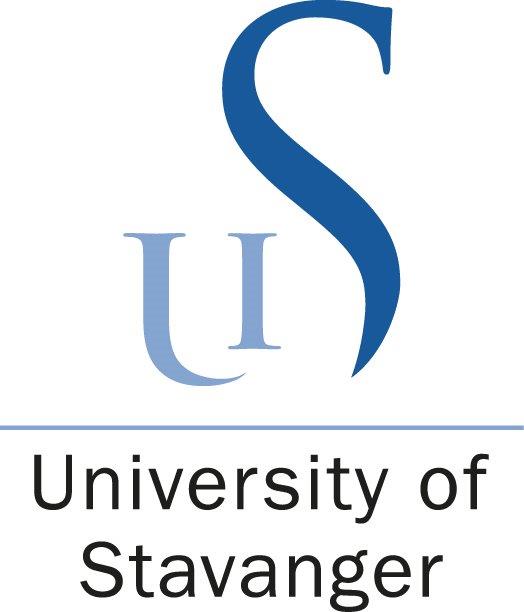Individial and organizational decision making
The course is designed to introduce students to different theories of individual and organizational decision making. Different methodological approaches to the study of decision making are also important parts of the course. The course will analyze decision making from cognitive perspectives, behavioral perspectives, decision making in groups and in organizations.
Learning outcome
Knowledge: After completing the course the students should:
- have an advanced knowledge within the academic field and specialized insight on decision making
- be able to evaluate the use of methods and processes in decision making research
- be able to develop new knowledge, theories, methods and applications within the area of decision making
Competensies: After completing the course the students should:
- be able to formulate new research questions and plan and execute decision making research
- be able to conduct decision making research at an international level
- be able to handle complex academic questions and challenge existing knowledge within decision making
General skills: After completing the course the students should:
- be able to identify new ethical dilemmas related to the consequences of decisions and decision research
- be able to communicate extensive independent work and master the language and terminology of the academic field
- should be able to communicate about academic issues, analyses and conclusions in the field, both with specialists and the general public be able to contribute to new thinking and innovation processes
Content
The course provides the students with a detailed knowledge on the most common theories on decision making from a number of theoretical points of departure. The concept of rationality is discussed as a starting point for the study of decisions. However, as both behavioral decision making and behavioral economics largely studies deviations from rationality, the course will emphasize this part of the decision making domain as well.
The course will also address methodological issues related to research on judgment and decision making. Moreover, the impact of information load, time constraints and emotions/mood on decision outcome will be discussed. Methods of improving decision making based on scientific principles and findings will be part of this discussion. We will also discuss methodologies that are used in research on decision making, and how to design and conduct research in this area. Topics typically covered include
- the assumptions of rationality and rational decision models
- alternatives to rational decision making
- information processing and cognitive load
- high and low effort processing and decision making
- the effect of time in judgment and decision making
- mood and emotions
- decision rules, heuristics and biases
- Choice architecture
- Organizational decision models
Teaching methods
A combination of lectures, article presentations made by students, and classroom discussions.
Coursework requirements
Active class room participation
Open to
PhD-students enrolled in a PhD-program.
Course assessment
Student evaluation will be conducted according to the regulations set forth by the Faculty of Social sciences.
For more information click "LINK TO ORIGINAL" below.
This opportunity has expired. It was originally published here:
https://www.uis.no/stine/EMNE/2017/H%C3%98ST/E/PHD601_1.pdf
